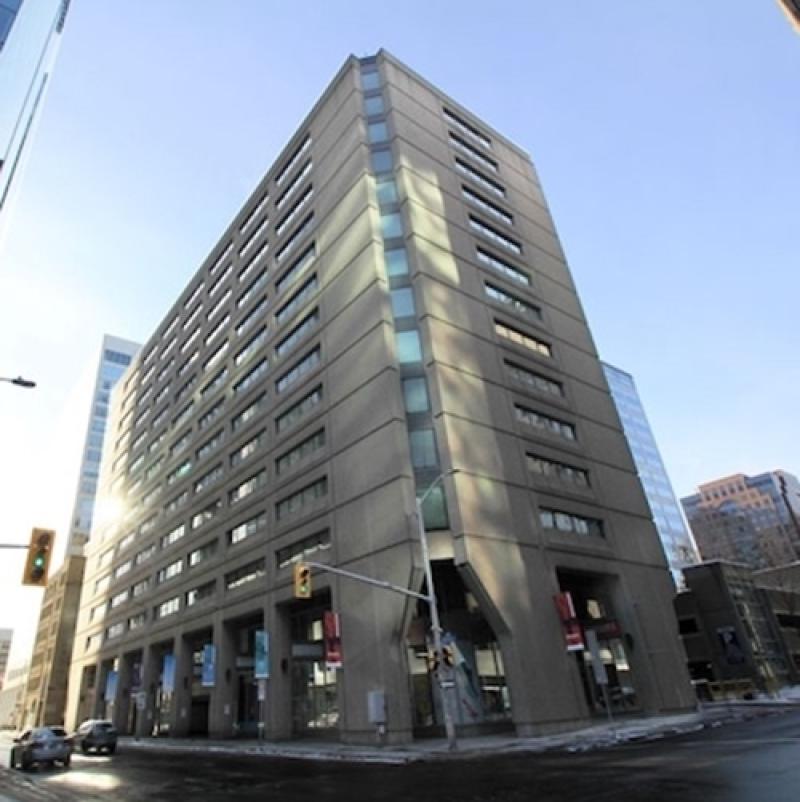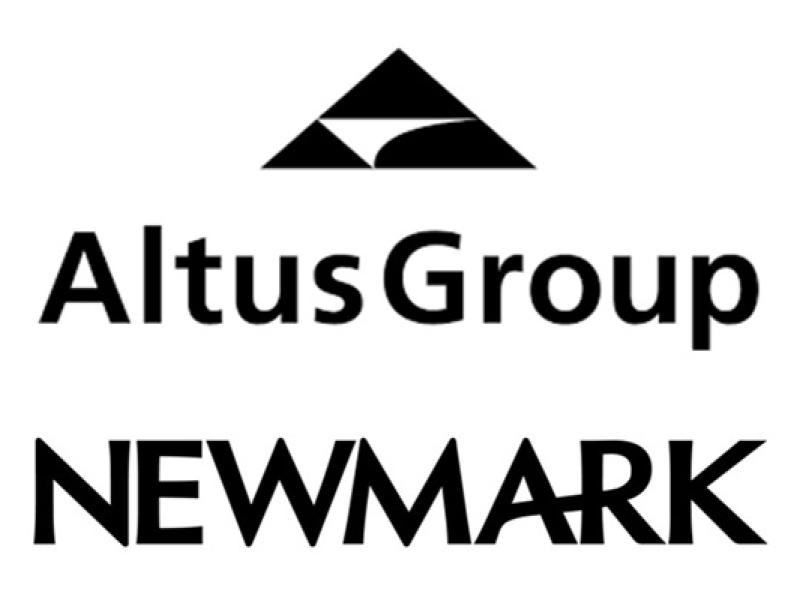
Two key sectors have driven the Ottawa and National Capital Region office market over the past several decades, the federal government and the tech industry. Questions about both were front and centre during the 2025 Ottawa Real Estate Forum.
In particular, a sense of unease remains about the federal government’s return-to-office plans, and whether the feds could even accommodate and enforce a four- or five-day-a-week return mandate if it is firmed up either via the Nov. 4 budget or a separate announcement.
In addition, Ottawa’s tech sector has not become a silver bullet for reducing vacancy - in the downtown nor the suburbs where the city is home to Canada’s largest technology research and development business park in west-end Kanata.
With citywide vacancy languishing at 12.8 per cent according to CBRE’s Q3 2025 report - roughly where it’s been for the past three years - owners and industry executives at the Oct. 9 forum at the Rogers Centre expressed a wide range of views.
“I think office is going to be in the penalty box for several years,” Groupe Mach president Vincent Chiara said during the day’s closing panel. Montreal-based Mach has been one of the largest investors in Ottawa office in recent years and in fact, it has been a significant national buyer of office buildings.
Return-to-office mandates vs. enforcement
While Chiara was the most blunt, others also expressed reservations including Altus Group vice-president, data operations Ray Wong. During a commercial real estate overview panel, he said he does not foresee the feds enforcing a five-day-a-week return to office, as many in the city have called for.
“I think it's going to be five days,” he said of the mandate, “but I don't think it's going to be enforced. I think there will be a compromise.
“I think there's different ways and reasons to get around that.”
Bill Leonard, vice-president real estate and development for the federal government’s National Capital Commission, said there is an expectation among many federal departments that more employees will be in their offices, more often. And, he noted, such a mandate would apply across the country - not be restricted solely to Ottawa.
“Office, I think, really depends on what happens next month in the budget in terms of what that particular mandate starts to look like,” he said. “I know that a lot of government departments are planning for more days in the office.”
Optimistic note for office owners
Cushman & Wakefield senior vice-president Kimberley Hall sounded an optimistic note, but had a warning for one group of office owners.
“I think the buildings that are most positioned for growth are, as I said, they're the ones where landlords have reinvested in their building,” she said. “Constitution Square, 250 Albert, I think those types of buildings will see positive leasing, hopefully from the feds in 2026, or shortly after. I think the biggest risk is the really the B landlords that are just sitting back and waiting for tenants to come.
“I think C product fills a good void in our market. That's not necessarily as at risk, but I think the B landlords that are just sitting back and waiting are the biggest risk.”
That at-risk cohort of office owners does not include Groupe Mach. Chiara is not betting solely on a return-to-office, and Mach is not just waiting for conditions to - hopefully - improve.
“It is important for us in every acquisition that we have a Plan B that is as good as our Plan A,” Chiara explained, noting that he’s pessimistic in the short term. “When we are buying office assets for example . . . we don’t think the market is going to come back (quickly).”
Long term, he does believe the sector will bounce back. But Mach’s strategy gives it options and while many B- or C-class office owners consider conversions, Mach has a different approach.
“We think people will come back (eventually), it is a cash flow play over time, and we think that we are buying these assets for a fraction of the replacement value,” he said of Mach's Plan A. “B, we think the density underlying the land value is worth more than the value that we are paying for the buildings.”
Hence Mach’s move to demolish two aging, lower-quality buildings it owns at 77 Metcalfe and 110 O’Connor streets to build between 600 and 700 apartments in new towers. This will accomplish two things for Ottawa, adding new housing in the downtown and reducing the office inventory.
“The assets we bought here in Ottawa proved us right,” he said.
Ottawa's tech sector, KRP and Kanata
In Ottawa’s tech sector, one of its biggest owners is KRP with a portfolio of over 30 buildings comprising approximately three million square feet in the Kanata North business park, which is home to over 600 companies. The company, however, is both converting a vacant 10-storey office building to 115 apartments, and looking to diversify its tenant base as its vacancy sits above the city average.
“Back in 2020 we were down to about three per cent (vacancy),” Todd Beech, KRP’s vice-president, leasing said during the office panel. “So this is giving us an amazing opportunity to try to get a more diverse portfolio. And we are seeing some large tenants coming out of the woodwork that we wouldn’t be able to bring into our portfolio at that time, because we didn’t have the vacancy.”
So where would new office occupiers come from? C&W’s Hall suggested the growing Canadian military and defence field, as well as the banking sector where there is potential overflow from office space leasing in Toronto. In both cases, she said there are tenants seeking space in the Ottawa market.
With several large federal government buildings also sidelined for major refurbishments or being considered for divestment, any additional need for space in that area to accommodate back-to-office mandates could also spill over into private office buildings.
As Beech noted, there are owners ready and willing to accommodate any of these needs - including KRP.
“No one is building right now, so we are going to be able to fill those holes with some really fine, large tenants. So we are pretty optimistic.”









